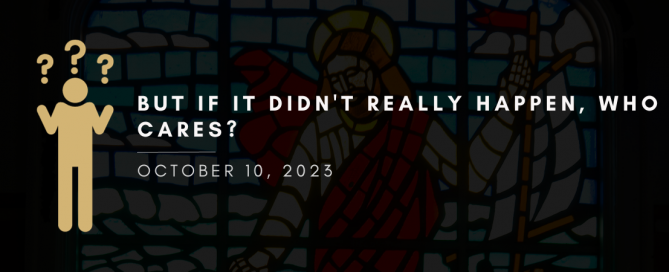Interesting Questions About the Books From Nag Hammadi
There are a lot of unsettled questions about the "Gnostic Gospels," that is, the books of the Nag Hammadi Library. After my recent posts I received some interesting questions that *can* be settled, and here I deal with two of them: one that’s a zinger and the other that has been asked by several readers. First the zinger. The reader noted that I indicated that the books of the library were manufactured in the fourth century; we know this because the leather bindings on the books had their spines strengthened with scrap papyrus (and is therefore called cartonnage) and some of these papyri were dated receipts. And so the reader’s question: QUESTION: Just out of curiosity – what form of dating did the compilers of the books use, that would correspond to our “341 CE” and so on? I’m assuming they weren’t using Roman dates. But were the Romans themselves, in that era, still using dates “ab urbe condita”? RESPONSE: This is a great question, and I have to admit, I had [...]



